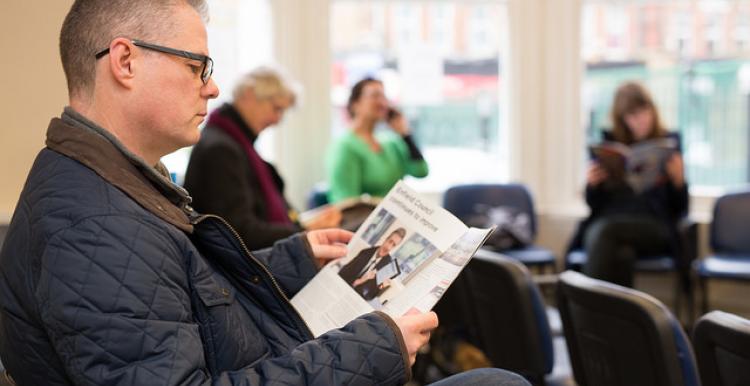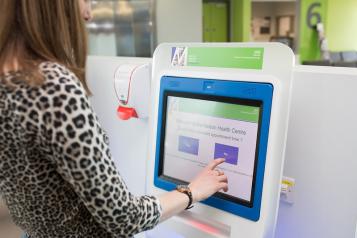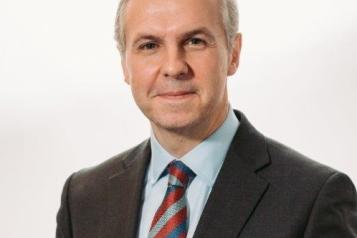Healthwatch volunteers investigate health inequalities across Cambridgeshire in latest report

We were commissioned by the Cambridgeshire South Care Partnership (CSCP) to investigate the barriers that cause health inequalities and to highlight any suggestions to improve care, including what people would ask for if they could “change one thing”.
CSCP is a partnership of organisations responsible for planning health and care services for people in the southern part of Cambridgeshire, including Cambridge City, South and East Cambridgeshire.
This project, the second of its kind to be co-developed with a team of volunteer Health Champions for CSCP, took place in the autumn of 2022. The volunteers were recruited, trained, and supported by Healthwatch Cambridgeshire to undertake community research into local health and care issues.
Through a series of workshops, our Health Champions gathered the experiences of a wide range of people spanning a variety of locations and backgrounds, including rough sleepers, Gypsy Traveller groups and people whose first language is not English.
Clear common themes emerged from amongst the barriers that people identified. These included:
- Poor communication from health and care providers about available services. People are often unaware of support within their community or are unable to find it in a format they can use.
- The rising cost of living impacting the affordability of suitable housing, healthy diet and to access health and care services. People on the lowest incomes are most affected and money worries increase the risk of people experiencing poor mental health.
- Digital exclusion makes it harder for people to access online information or services and can be due to a lack of skills, equipment or connectivity to access online services.
- The lack of public transport in rural locations makes it more challenging and expensive to attend appointments. The reduction of rural bus services and community car schemes has made this issue worse.
- Lack of suitable housing causing additional problems for some.
Ideas to overcome barriers
Our Health Champions encouraged people to think about the changes which could be made to help them overcome the barriers to health care that they face.
People told us they wanted clear, accessible information, a greater understanding of their cultural backgrounds by health professionals, a more empathetic approach to dealing with Personal Independence Payments (PIP) and other benefit assessments and improved transport facilities to access appointments.
The six focus groups with whom our Health Champions worked also identified specific gaps in services which, if filled, would support better health outcomes for all. These are some of the suggested improvements:
- Cultural training for staff
- Community health bus service provision
- Promoting the right to register with a GP
- Multi-agency drop-in groups
Bigger barriers for some
Depending on their circumstances, some people face bigger or multiple barriers to health care and these are identified in the report. As a consequence, people in this situation are often less likely to seek help at an early stage, are less likely to know where to go for help, and less likely to place their trust in the services available.
Sandie Smith, CEO of Healthwatch Cambridgeshire and Peterborough thanked everyone for their valuable contributions to the report and said: “We hear many stories from people about how difficult it is to get help with their health and care. And the more challenges you face the more difficult it becomes.
“We look forward to seeing these ideas being put into to action, so that there is better access to services for those who are in the most need.”
The findings of this report will be presented to CSCP and the Health Inequalities Board. It is hoped that they will be able to act on the recommendations made to bring about the changes in approach that are needed.
Read the report
You can download our report and its appendices free of charge below. Please contact us if you would like a copy of this report in a different format.

